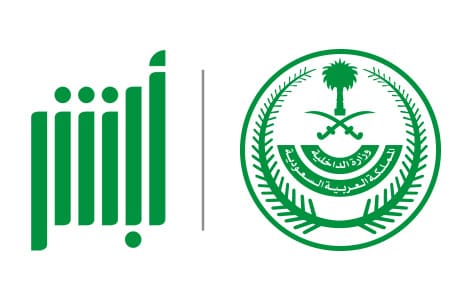On 22 February 2019, the United Nations (UN) Special Rapporteur on the right to education, the UN Special Rapporteur on the right to privacy, the UN Special Rapporteur on violence against women, its causes and consequences, and the Chair Rapporteur of the Working Group on the issue of discrimination against women in law and in practice published an allegation letter addressed to Saudi Arabia highlighting the human rights abuses inherent in the continued application of the ‘male guardianship’ system.
Saudi Arabia’s male guardianship system requires a woman to seek permission from a “male guardian” as defined in Sharia law (usually a close male relative, son, or husband) in order to access basic services. Women need a male guardian’s permission for formal education, reporting crimes to the police, travelling domestically and internationally, and obtaining health care or employment. In addition to the power and control such laws provide male guardians, these laws put women at increased risk of abuse from their guardians, often prohibiting women from reporting domestic violence to police without a guardian present. This makes the state unable to prosecute domestic abusers. Moreover, when women seek shelter, they are regularly released back into the hands of their abuser.
Saudi Arabia also has created a mobile app called Absher, which allows male guardians to remotely track the women they care for, remotely grant or deny them permission to access a service, and can notify them immediately via text anytime someone crossesan international boarder or checks in at an airport. The amount of power granted to male guardians as a result of this technology further enables the infringement of women’s fundamental human rights.
Guardianship laws, which are strengthened by the existence of Absher, fail to conform to a number of international treaties. In particular, the UN Special Rapporteursstatedthat Saudi Arabia’s guardianship laws were in violation of Article 12 of the Universal Declaration of Human Rights (UDHR), which prohibits the infringement on “person’s privacy, family, home or correspondence.” Additionally, Saudi Arabia’s use of guardianship legislation is in violation of the Convention on the Elimination of all Forms of Discrimination against Women (CEDAW). This convention, which Saudi Arabia acceded to in 2000, reaffirms the right of women to be secure in their freedom of movement, in their communication, and decision making. Saudi Arabia’s guardianship policy thus contravenes internationally accepted human rights norms.
The Saudi government has issued statements claiming that guardianship laws do not “justify control of a woman,” but are intended to help a man “care for a woman’s affairs” or “cover her expenses.” With the way the male guardianship system is actually applied in the Kingdom, and with the creation of Absher, which provides its male citizens with the opportunity and ability to intensively monitor the women under their control, guardianship laws clearly restrict the fundamental freedoms of women.
The UN Special Rapporteurs call on Saudi Arabia to account for its guardianship laws and the Absherphone application, requesting information on how Saudi Arabia’s Absherapplication is violating women’s human rights and whether the Kingdom is taking any action to remedy these rights violations. Additionally, they urge Saudi Arabia to bring its male guardianship system into line with the guidelines outlined in the CEDAW and call for information on steps taken or programs in progress designed to implement previous UN guidelines. Finally, the Special Rapporteurs call on Saudi Arabia to provide information on how male guardianship laws interfere with women’s access to education, and what steps the government is taking to ensure that a woman’s right to education is respected. Saudi Arabia has submitted a response letter, but it has yet to be translated.
Casey O’Hara is an Advocacy Intern with ADHRB





